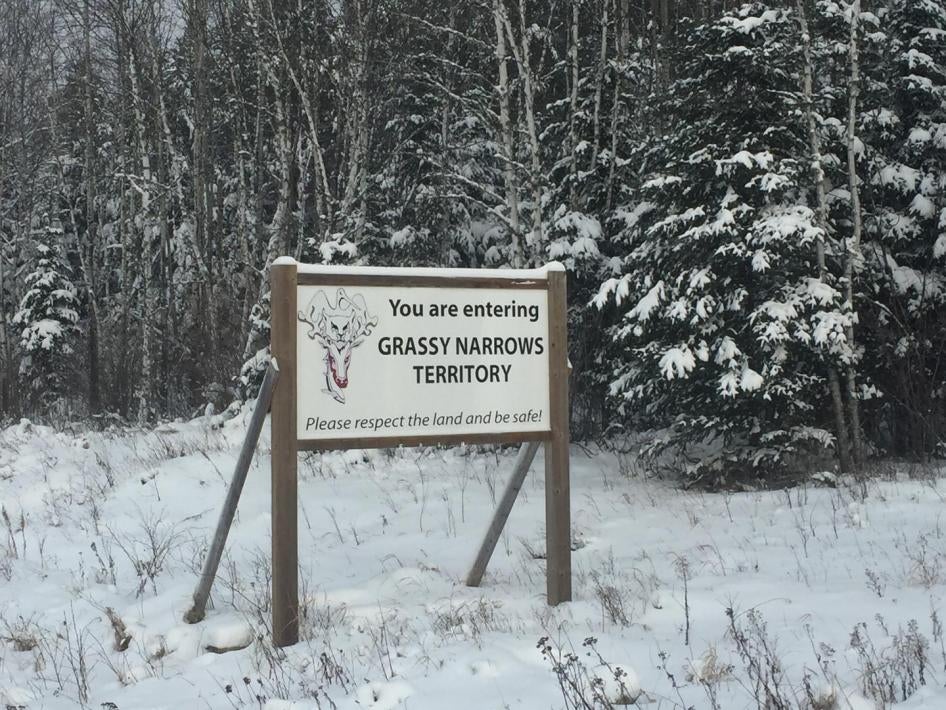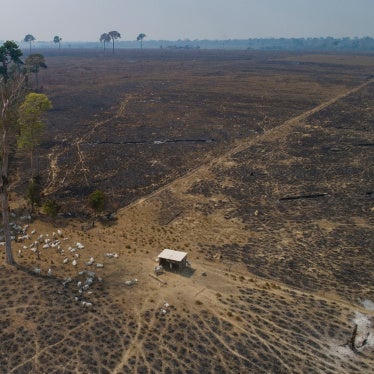Last week, the Ontario provincial government announced it was “completely committed” to a thorough clean-up of mercury in the English Wabigoon River in northwestern Ontario. Mercury has had a devastating effect on the health and livelihoods of hundreds of residents from two First Nations communities – Grassy Narrows and Wabaseemoong (Whitedog) – along this river.
A longstanding government policy to do nothing while the mercury supposedly washed out of the river has clearly not been working. About 10 tonnes metric tons of mercury were dumped into the river by a paper plant in the 1960s, and even today, fish in the river have the highest mercury concentrations in the province.
Last week’s news is a breakthrough: 55 years since mercury was first dumped in the river, Ontario finally appears serious about dealing with the contamination. Canada’s federal government – which recently announced it would tackle the mercury contamination “once and for all” – should also pitch in to support the clean up. These communities and their many supporters in Canada and around the world – including Human Rights Watch – will be watching closely. Clear timelines and budgets should be set and kept.
Let’s not forget the health needs of these communities. Mercury is extremely toxic to humans. Despite this, health care in Grassy Narrows is the same as most other First Nation reserves in Canada: a small clinic staffed by nurses and visited periodically by a doctor. People who are aging with the effects of mercury also need better care. Activists in Grassy Narrows have called for a ‘mercury home’ on the reserve – which would allow people affected by mercury to receive care and support close to their community.
There’s also clear need to overhaul the Mercury Disability Board, a system of compensation set up by the federal and provincial governments in 1985. Japanese researchers who have been visiting the area since 1975 have diagnosed many people with actual or suspected Minamata disease (a neurodegenerative disorder caused by poisoning by a mercury compound), but only a fraction of these people are officially approved for compensation.
The promise to clean up the river will require many years of work. But in terms of the ongoing health impacts of mercury on people and their communities, there’s at least as much work to be done.









